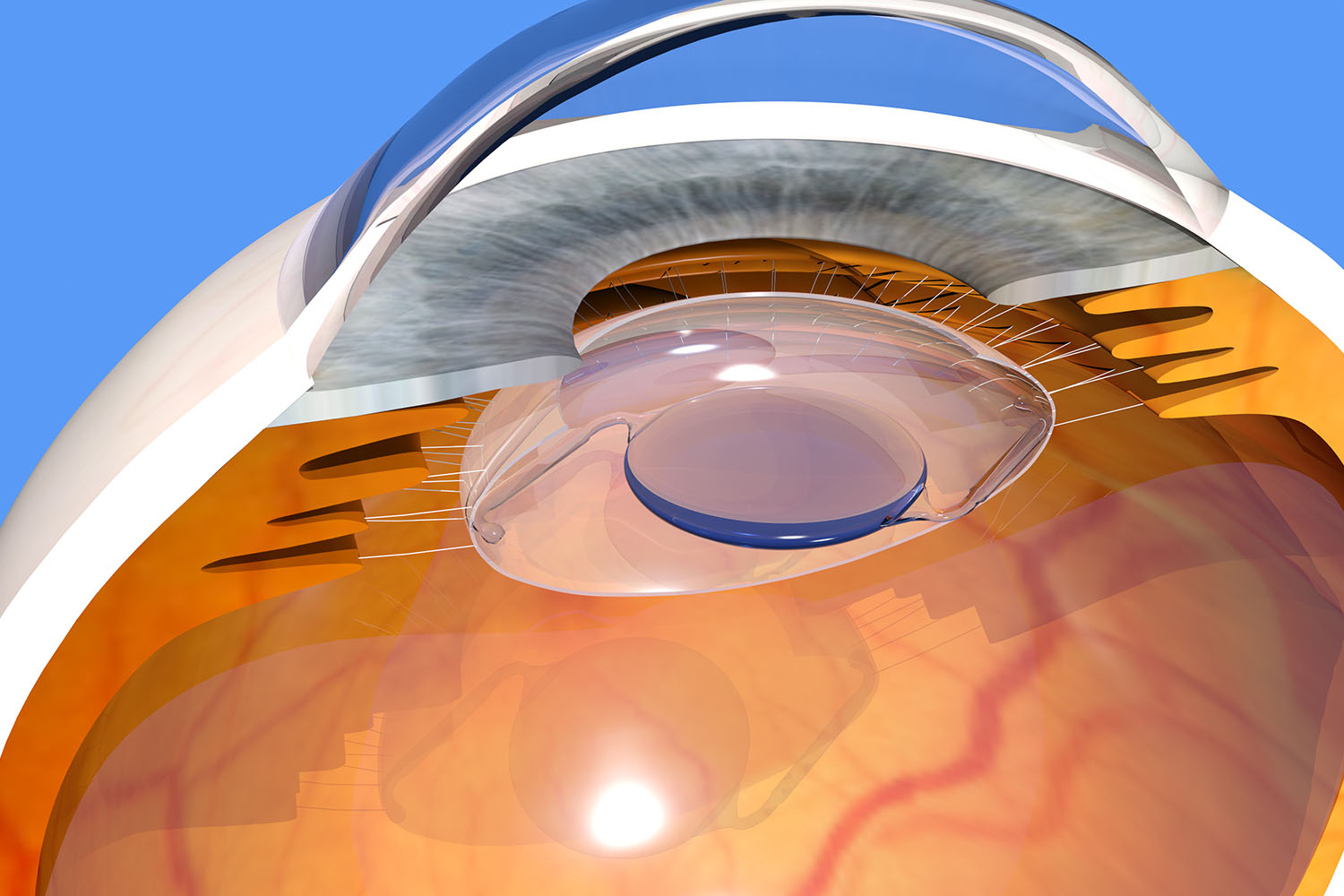Overview
Are you tired of relying on glasses or contact lenses for clear vision? PRK surgery (photorefractive keratectomy) could be the answer. This type of laser eye surgery has been around for decades and offers a safe and effective way to correct refractive errors, including:

- Myopia (nearsightedness): Difficulty seeing distant objects clearly.
- Hyperopia (farsightedness): Difficulty seeing near objects clearly.
- Astigmatism: Blurry vision at all distances due to an irregularly shaped cornea.
How Does PRK Work?
PRK reshapes the cornea, the clear dome at the front of your eye, to improve how light focuses on the retina in the back. Here’s a simplified breakdown of the procedure:
Numbing the Eye: Anesthetic eye drops are used to numb the eye.
Epithelial Removal: The surgeon removes the top layer of cells on the cornea (epithelium).
Laser Reshaping: An excimer laser precisely ablates (removes) tissue from the cornea, flattening it for nearsightedness or steepening it for farsightedness.
Bandage Contact Lens: A protective bandage contact lens is placed on the eye to aid healing.
International Research on PRK
PRK has been extensively researched worldwide. A 2020 study published in the Journal of Refractive Surgery studied long-term outcomes in over 1400 patients who underwent PRK. The results showed good safety and efficacy, with most patients achieving good vision without glasses ten years after surgery.
Advantages of PRK
Suitable for Thin Corneas: Unlike LASIK, which creates a flap in the cornea, PRK is a good option for people with thin corneas, where creating a flap might not be safe.
Reduced Risk of Flap Complications: PRK avoids potential complications associated with the LASIK flap, such as flap dislocation.
Things to Consider
Recovery Time: PRK recovery is generally slower than LASIK, with some discomfort and blurry vision for several days.
Potential Side Effects: Dry eyes and temporary halos or glare are common side effects, though most subside over time.
Is PRK Right for You?
An ophthalmologist can determine if PRK is a suitable option for you after a comprehensive eye examination. They will consider your specific refractive error, corneal thickness, and overall eye health.
Looking for Freedom from Glasses?
PRK surgery offers a potential solution for achieving clearer vision without the need for glasses or contacts. If you’re interested in learning more about PRK, consult with a qualified ophthalmologist to discuss your candidacy and individual needs.
Remember: This blog provides general information and shouldn’t replace professional medical advice. Always consult with your doctor to determine the best course of treatment for your eyes.



